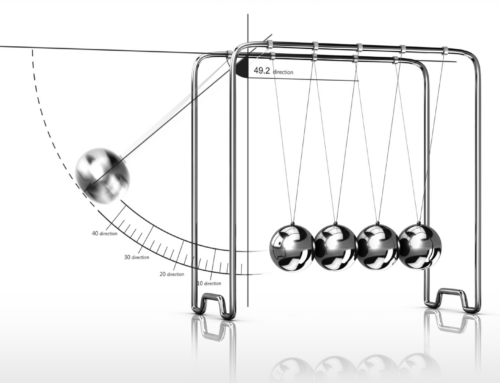This photo from a modern Biology textbook shows a cow with an extra leg as an example of a mutation. This is nonsense! Cows already have the genetic info to make a leg

Two questions: 1) Why didn’t it add new information? 2) Why didn’t the cow get a wing or a fin or gills?
No new information
Adding a leg is not adding new info; nor is it helpful to the cow. Ask the following questions about mutations: How often do we have evidence of beneficial mutations happening? It would take billions of beneficial mutations to effect any real evolutionary change. For each mutation that is discussed in class or in the book, ask, “Is this mutation helpful to that life-form and what drawbacks does it present?” Even if all mutations were beneficial, what would be the mathematical probability of life developing by chance?
Mutants are less likely to survive
All known mutations cause a decrease in genetic complexity, not an increase. The mutant is always less likely to survive in the wild. They may say bacteria become resistant to drugs (which is true), but that is because there is a loss of info in the bacteria. And that kind of bacteria is weaker than other bacteria, when the drug is not there. Also, it is still bacteria, not anything else.
Biologists know the answer. “No matter how numerous they may be, mutations do not produce any kind of evolution.”1 They rearrange existing information but do not increase genetic complexity.
- Pierre-Paul Grasse, Evolution of Living Organisms (New York: Academic Press, 1977), 88. ↩






